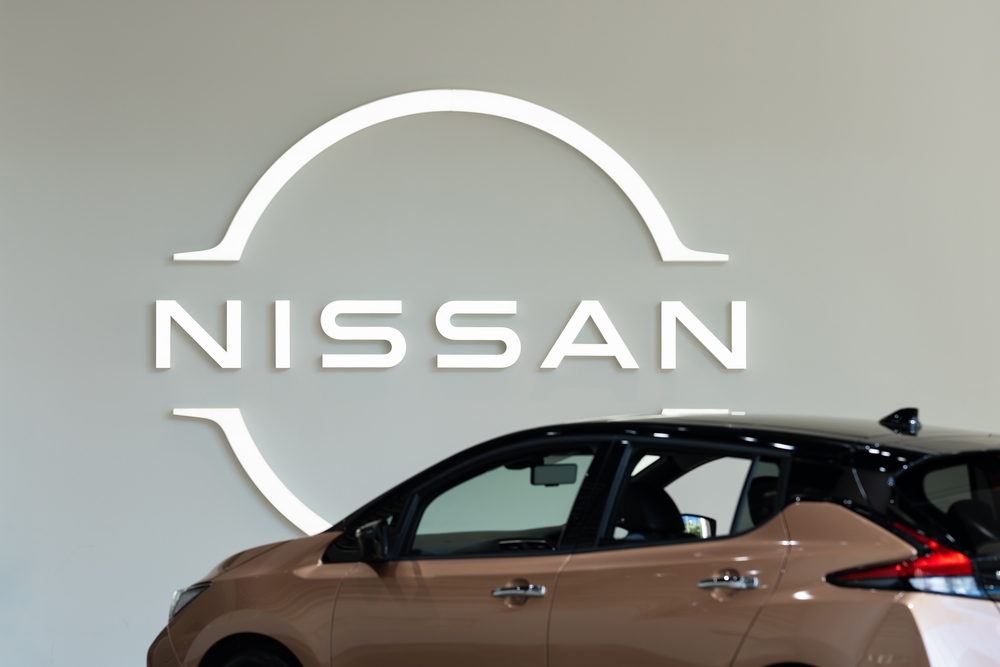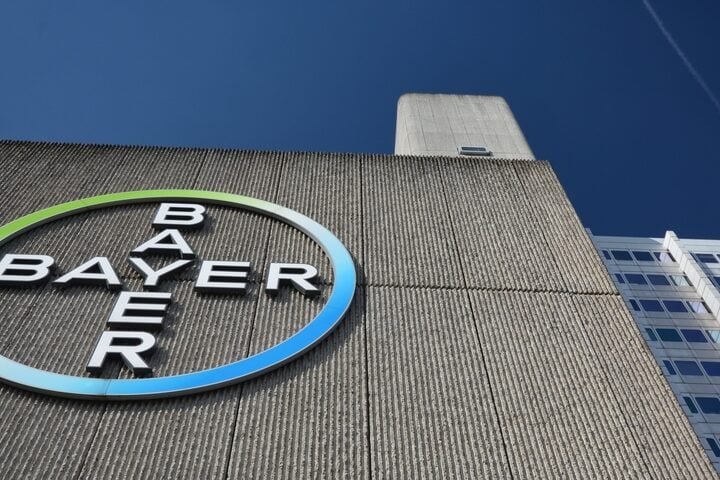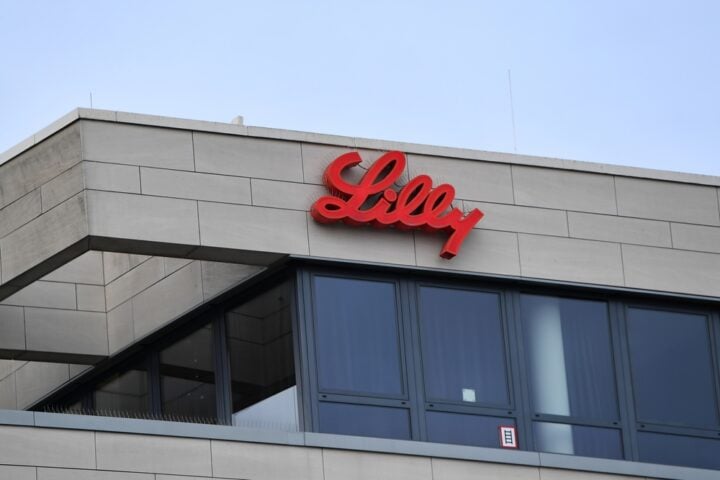Nissan is preparing to pull out of merger discussions with Honda as it looks for a new partner to accelerate its transition to electric vehicles (EVs). The talks, which began in December alongside Mitsubishi, aimed to create the world’s third-largest carmaker by annual sales but have stalled due to internal tensions and an imbalance in market value between the companies.
Nissan Eyes New Partnerships Beyond Automakers
According to sources familiar with Nissan’s strategy, the company is now exploring other options, including potential partnerships outside the traditional automotive sector. One possible contender is Foxconn (Hon Hai Precision Industry), the Chinese contract manufacturer best known for assembling Apple iPhones.
The Financial Times first reported Nissan’s openness to a Foxconn deal, while Bloomberg suggested a U.S. tech partner may be preferred.
Market Reaction to Merger Fallout
Following reports of Nissan’s withdrawal from talks, its stock surged by 7.3% on Thursday, while Honda’s share price fell by 4%.
The proposed merger with Honda was intended to boost investment in EV development as Japanese automakers struggle to keep pace with China’s rapidly expanding electric car industry. However, fundamental differences between the companies made negotiations difficult.
Honda’s Strength vs. Nissan’s Challenges
Honda and Nissan both maintain large-scale production, manufacturing 3.7 million and 3.1 million vehicles, respectively, in 2024. However, Honda holds a significant financial advantage, being five times larger by market value. In contrast, Nissan has faced prolonged challenges, including:
- Years of internal turmoil and leadership instability.
- A weak profit outlook and reliance on heavy discounts to drive sales in North America.
- A need to cut 9,000 jobs globally, as announced by CEO Makoto Uchida in November.
Industry analysts argue that Nissan’s weaker financial position has hurt its negotiating power. Todd Duvick, head of auto research at CreditSights, noted, “Nissan’s need for a strong partner remains, but its negotiating position is impaired by its weak profit outlook and stock price.”
Could Honda Seek a Takeover Instead?
Some analysts believe Honda may now consider an outright acquisition rather than a merger, which could lead to significant Nissan job losses, especially at the executive level. A takeover would also limit the financial upside for existing Nissan shareholders, adding another layer of complexity.
Further complicating matters is Nissan’s legacy relationship with Renault. The French automaker remains a major shareholder, a holdover from the Renault-Nissan-Mitsubishi alliance orchestrated by Carlos Ghosn, the former CEO now living in Lebanon after fleeing legal troubles in Japan.
What’s Next for Nissan and Honda?
Both Honda and Nissan are set to publish their earnings reports on February 13, which may offer further clarity on their future plans. While Nissan declined to comment, a Honda spokesperson stated that discussions are still ongoing, with an announcement expected by mid-February.
Conclusion
Nissan’s decision to walk away from Honda merger talks underscores the challenges facing Japanese automakers as they navigate the EV transition. With its future strategy still uncertain, Nissan may look beyond traditional carmakers to secure the right partner. Whether it teams up with Foxconn or another major tech player, its ability to compete in the EV era will hinge on securing the right alliances in an increasingly competitive global market.







